The Biggest Trade Busts of All Time
6 August 2025
Trades in sports can make or break a franchise. When a team pulls the trigger on a blockbuster deal, they often do so with the hopes of securing a championship, building for the future, or landing that one player who can take them to the next level. But what happens when those trades turn into complete disasters?
Some trades look great on paper but collapse under the weight of expectations. Others age so poorly that they become infamous. Today, we’re diving into the biggest trade busts of all time—deals that left teams with nothing but regret and fans shaking their heads. 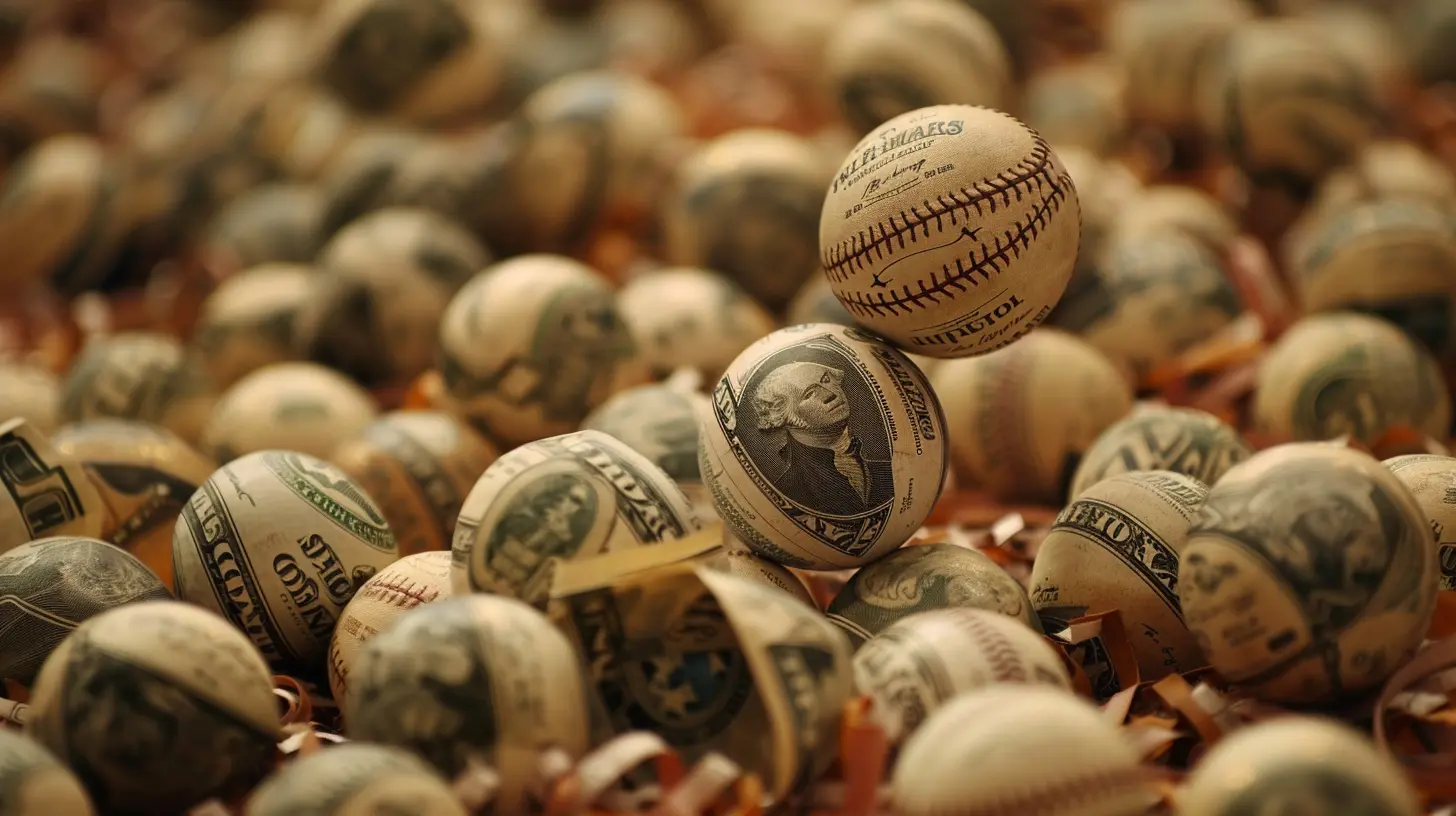
1. The Herschel Walker Trade (1989)
Arguably the worst trade in NFL history, this one still haunts the Minnesota Vikings. The Dallas Cowboys sent star running back Herschel Walker to Minnesota in exchange for a haul of draft picks and players. The Vikings thought they were acquiring the final piece to their Super Bowl puzzle. Instead, they got a major disappointment.Walker was solid but far from the dominant force the Vikings expected. Meanwhile, the Cowboys used the draft picks to build a dynasty, selecting Emmitt Smith, Russell Maryland, Kevin Smith, and Darren Woodson—all key players in their three Super Bowls during the '90s.
Minnesota? They got short-term mediocrity and a painful reminder that sometimes, giving up the farm isn’t worth it. 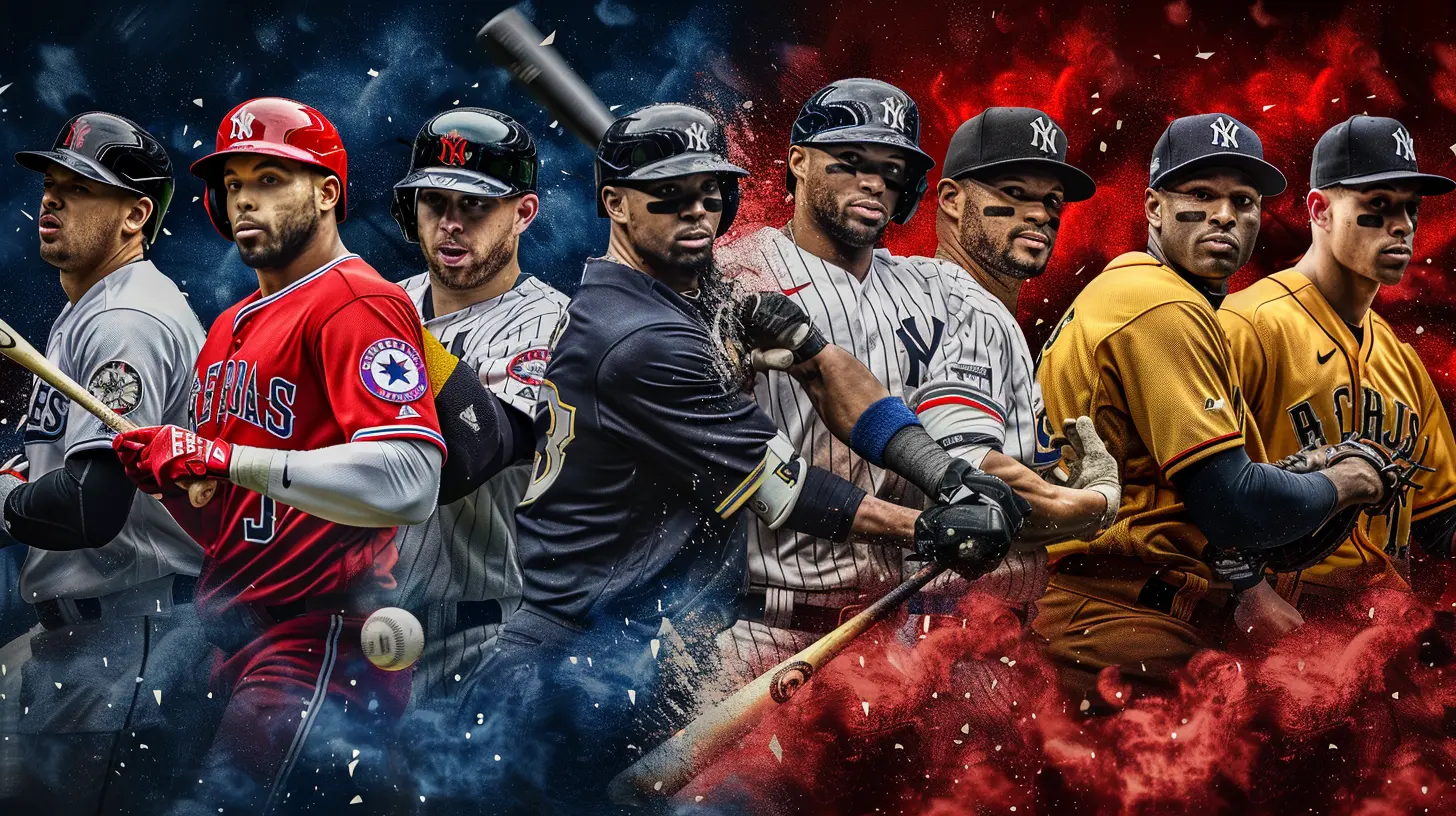
2. The Brooklyn Nets’ Celtics Disaster (2013)
When short-term dreams destroy long-term success.The Brooklyn Nets went all-in on aging veterans Paul Pierce, Kevin Garnett, and Jason Terry, sending a treasure chest of draft picks to the Boston Celtics. The idea? Championship contention. The reality? A complete nightmare.
Pierce left after one season, Garnett was a shell of his former self, and Terry was insignificant. Meanwhile, the Celtics used those picks to land Jaylen Brown, Jayson Tatum, and assets that helped them stay elite for years.
Brooklyn? They endured years of irrelevance before clawing their way back. This trade was a masterclass in overestimating aging stars. 
3. The Babe Ruth Sale (1919)
OK, not technically a trade—but easily the worst transaction ever in sports history.The Boston Red Sox sold Babe Ruth to the New York Yankees for $100,000 and a loan. Why? Owner Harry Frazee needed money to fund a Broadway play.
What followed? The "Curse of the Bambino"—86 years without a World Series for Boston, while Ruth became a baseball god, changing the Yankees’ fortunes forever.
This deal is the sports equivalent of selling your winning lottery ticket for pocket change. 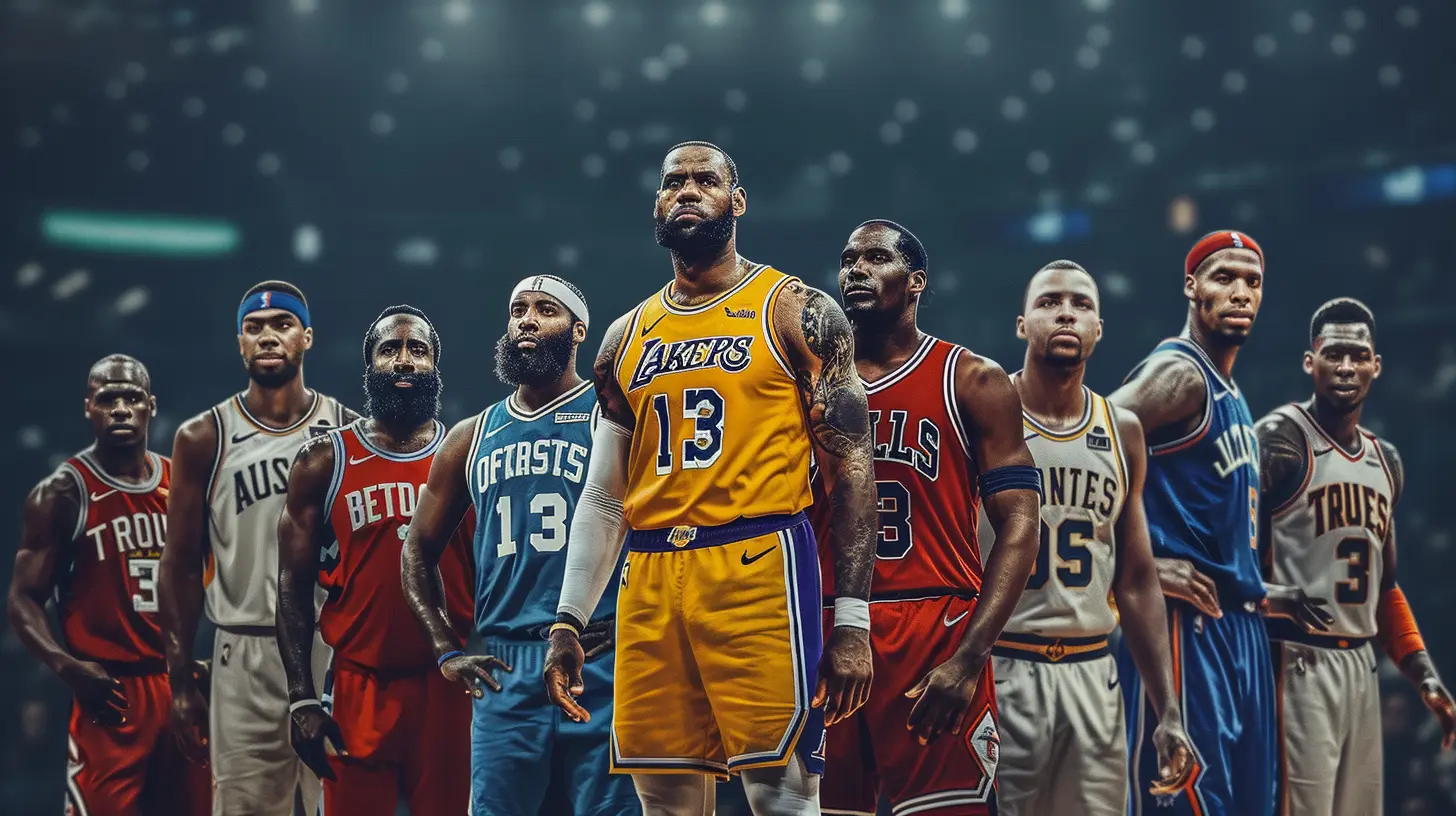
4. Ricky Williams for… Everything (1999)
The New Orleans Saints made an all-time reckless move when they traded their entire draft for Ricky Williams. Yep, their entire draft.Coach Mike Ditka, convinced Williams was the next great running back, sent their first-round, third-round, fourth-round, fifth-round, sixth-round, and seventh-round picks to Washington.
Williams was a decent back but never a generational talent. Meanwhile, the Saints crippled their roster depth, and Ditka was fired after that very season.
A prime example of why one player isn’t worth your whole future.
5. The Thunder Give Away James Harden (2012)
In what is still one of the most baffling trades ever, the Oklahoma City Thunder shipped off James Harden rather than signing him to a slightly larger contract.Harden went on to become a league MVP and one of the greatest offensive players ever, while the Thunder got Kevin Martin, Jeremy Lamb, and some draft picks—none of whom made a lasting impact.
This isn’t just a bad trade—it’s a franchise-altering blunder. OKC blew up what could've been a dynasty alongside Kevin Durant and Russell Westbrook.
It’s like breaking up with your partner over a minor disagreement, only to watch them marry someone richer, better-looking, and more successful.
6. The Colts Trade for Trent Richardson (2013)
If there was ever a textbook case of overhyping a player, it was this.The Indianapolis Colts traded a first-round pick for Trent Richardson, who was fresh off an unimpressive rookie season in Cleveland. The hope? That he could be their franchise running back.
Instead, Richardson averaged 3.1 yards per carry, failed to produce, and was out of the NFL by 2016.
The Browns, meanwhile, used that pick to build toward a better future. Indy essentially lit a first-round pick on fire.
7. The Maple Leafs’ Kessel Catastrophe (2009)
The Toronto Maple Leafs thought they were getting a superstar in Phil Kessel when they sent two first-round picks and a second-rounder to the Boston Bruins.What did those picks turn into?
- Tyler Seguin (a future All-Star)
- Dougie Hamilton (a top-tier defenseman)
- Jared Knight (who didn’t pan out, but still)
Meanwhile, Kessel never brought Toronto close to contention, and the Bruins won a Stanley Cup in 2011.
This trade was a disaster because Toronto bet on the present but lost to the future.
Lessons From These Trade Disasters
So, what can teams learn from these historic blunders?1. Overpaying rarely works – Whether it’s trading a fortune for one player (Ricky Williams, Herschel Walker) or handing over precious draft capital (Brooklyn Nets, Colts), teams often regret selling the farm.
2. Age matters – If a star is past their prime (Kevin Garnett, Paul Pierce), don’t assume they can turn back the clock. It almost never works.
3. Draft picks are gold – Teams that hoard picks often win the long game, while impulsive teams suffer (Thunder with Harden, Nets with Celts).
4. Think long-term – Franchises that prioritize immediate success over sustained growth tend to regret their decisions.
Final Thoughts
Sports history is littered with bad trades, but these stand out as the worst of the worst. Whether it’s giving away a future MVP, betting the house on one player, or selling a generational talent for peanuts, these deals changed the course of franchises—for the worse.What’s the lesson here? Patience pays off. Short-term risks rarely result in long-term rewards. So next time your favorite team makes a shocking trade, remember: It could be the next big disaster.
all images in this post were generated using AI tools
Category:
Player TradesAuthor:

Easton Simmons
Discussion
rate this article
1 comments
Dixie Warner
This article highlights the unpredictable nature of sports trades, where high expectations often clash with reality. It serves as a reminder that talent doesn't always translate to success.
September 1, 2025 at 11:11 AM

Easton Simmons
Thank you for your insightful comment! It truly captures the essence of how unpredictable sports trades can be.
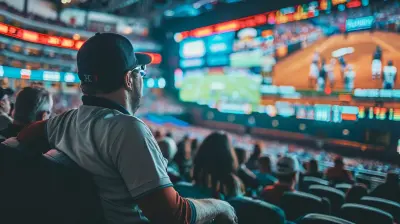
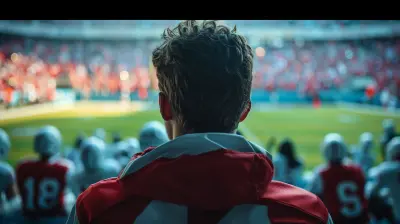
![The Heart and Hustle of [Player Name]: A Profile in Perseverance](/pictures/blog/small/the-heart-and-hustle-of-player-name-a-profile-in-perseverance_4.webp)